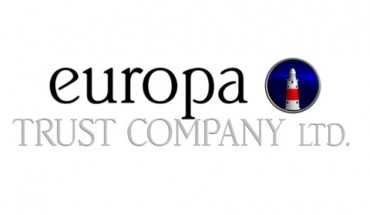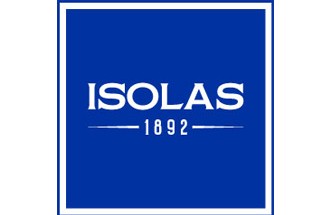HM Government of Gibraltar published a Bill yesterday proposing changes to the anti-avoidance measures in Gibraltar’s Income Tax Act 2010 (“the Act”).
Notable proposed changes include:
- A clearer – and arguably wider – definition of tax avoidance than the existing Act in some respects.
- Powers for the Commissioner of Income Tax to refer a person to their professional or regulatory body in certain circumstances.
- A specific provision in respect of the liquidation of companies with accumulated profits.
- Powers to disregard the “income from occasional presence” tax exemption in certain circumstances.
Key points in the proposals include the following:
- The Commissioner of Income Tax may counteract or disregard any tax advantage that a person obtains from a “tax avoidance arrangement”.
- A tax avoidance arrangement is defined as an arrangement that directly or indirectly shows any one of the following:
- The purpose or one of the main purposes of the arrangement is to obtain a tax advantage;
- It results in a tax advantage not consistent with the intention of the relevant tax provisions
- It undermines the objectives of the Act
- As is currently the case, the anti-avoidance provisions in the Act are to be construed in a manner as best secures consistency with:
- Internationally accepted principles for determining profit from activities within a multinational group of companies, and
- Transfer pricing guidelines published by the Organisation for Economic Co-operation and Development (OECD).
- The Commissioner of Income Tax may refer any person to their professional or regulatory body where the Commissioner believes that the person:
- Has submitted, or assisted with the submission of a tax return which they know or suspect may be inaccurate and they have deliberately withheld that suspicion from the Commissioner;
- Is promoting, facilitating or advising on a tax avoidance arrangement that contravenes the spirit and purpose of the Act; or
- Is considered to have acted with a conflict of interest, i.e., providing professional services while having a financial, personal or other interest that impairs their objectivity or duty of care.
- In connection with the above, the burden of proof shall rest with the person to demonstrate that an arrangement was not designed, marketed or implemented for tax avoidance purposes.
- The Commissioner may counteract or disregard a tax avoidance arrangement or deferral of tax by the accumulation of profits in a company followed by the voluntary liquidation of the company. In such cases the proceeds of the liquidation shall be deemed to be a dividend paid by the company to the shareholder. This would apply to profits accumulated after the commencement of the proposed change to the Act. Some clarity would be welcome as to whether this would apply only where there is tax avoidance.
- The Commissioner may counteract or disregard the “income from occasional presence” exemption in the Act if the Commissioner believes the amount lacks economic reality – for example, the amount is excessive for the role, lacks commercial substance or is structured primarily to be tax exempt. (Section 19 of the Act exempts from tax certain income of individuals who are not ordinarily resident and who are present in Gibraltar in less than 30 days in the tax year)
For completeness: the proposals focus on amendments to Section 40 of the Income Tax Act 2010, often referred to as the Act’s general anti-avoidance provisions. There are a number of specific anti-avoidance provisions elsewhere in the Act, most notably in Schedule 4. The proposals, if implemented, may also impact on how and when such specific anti-avoidance provisions are applied.
The above is provided for informational purposes only, does not take into account specific facts and circumstances and does not constitute advice. For further details please contact either neil.rumford@gi.ey.com or stephen.carreras@gi.ey.com .
Neil Rumford | Partner | Tax Services





